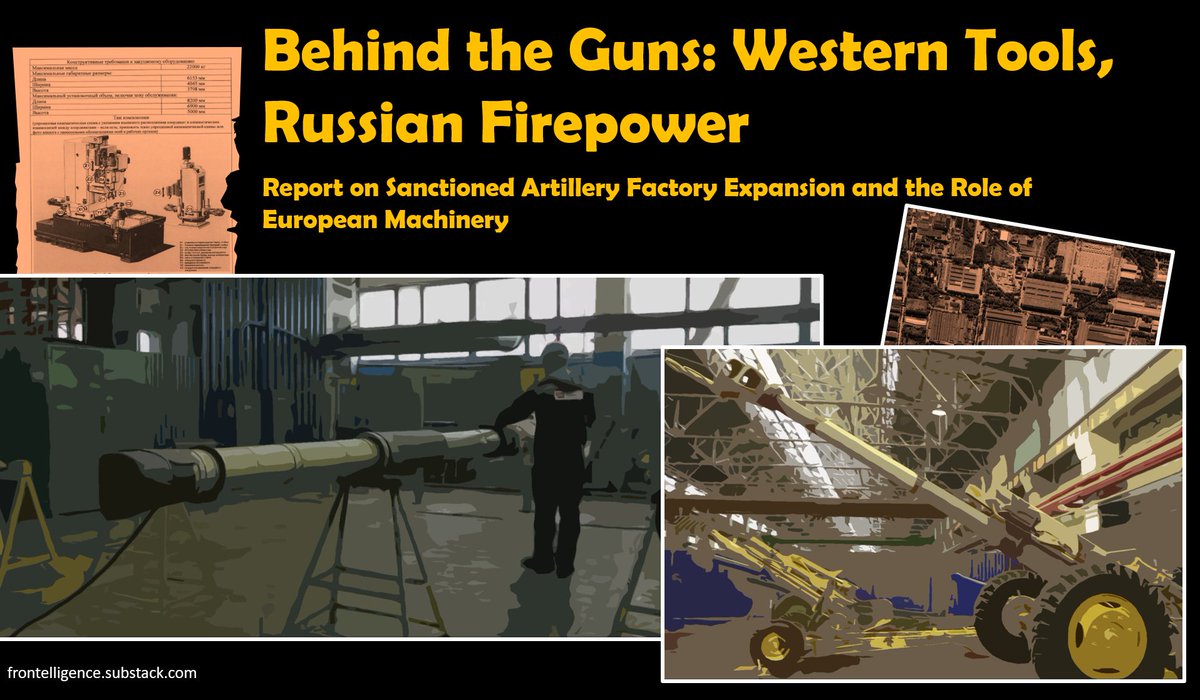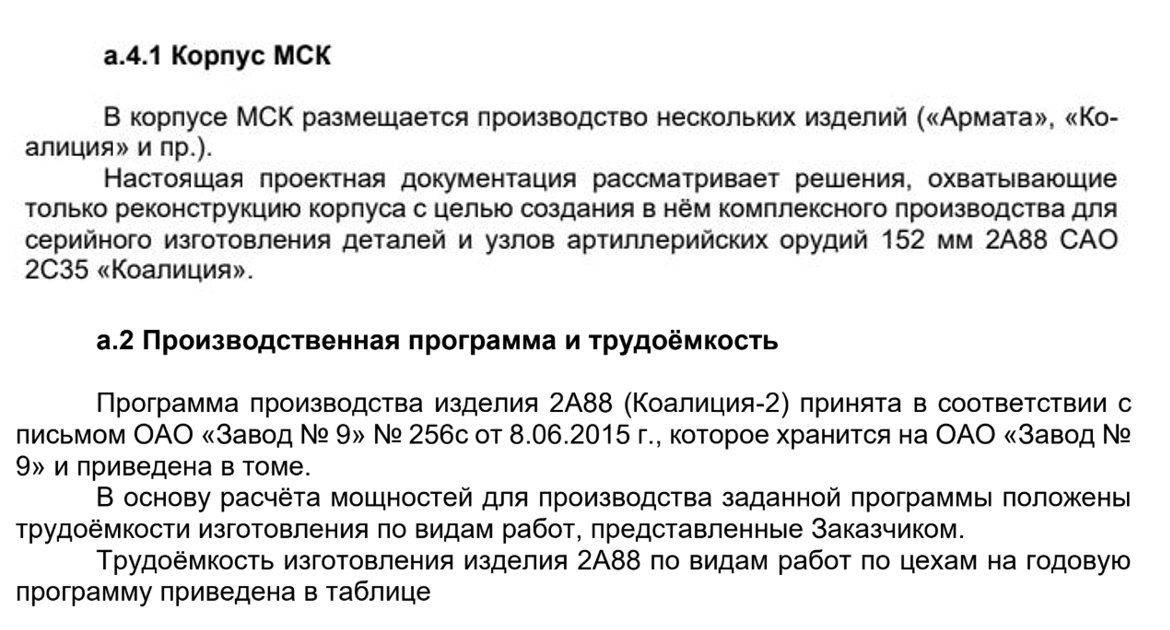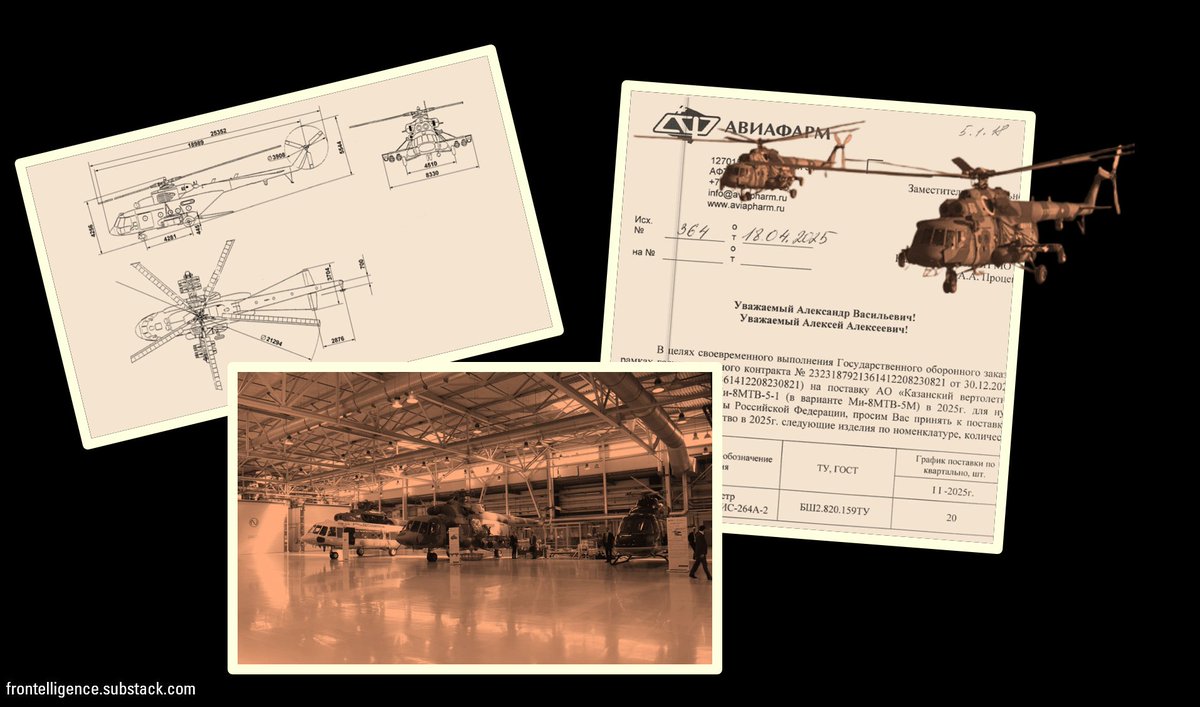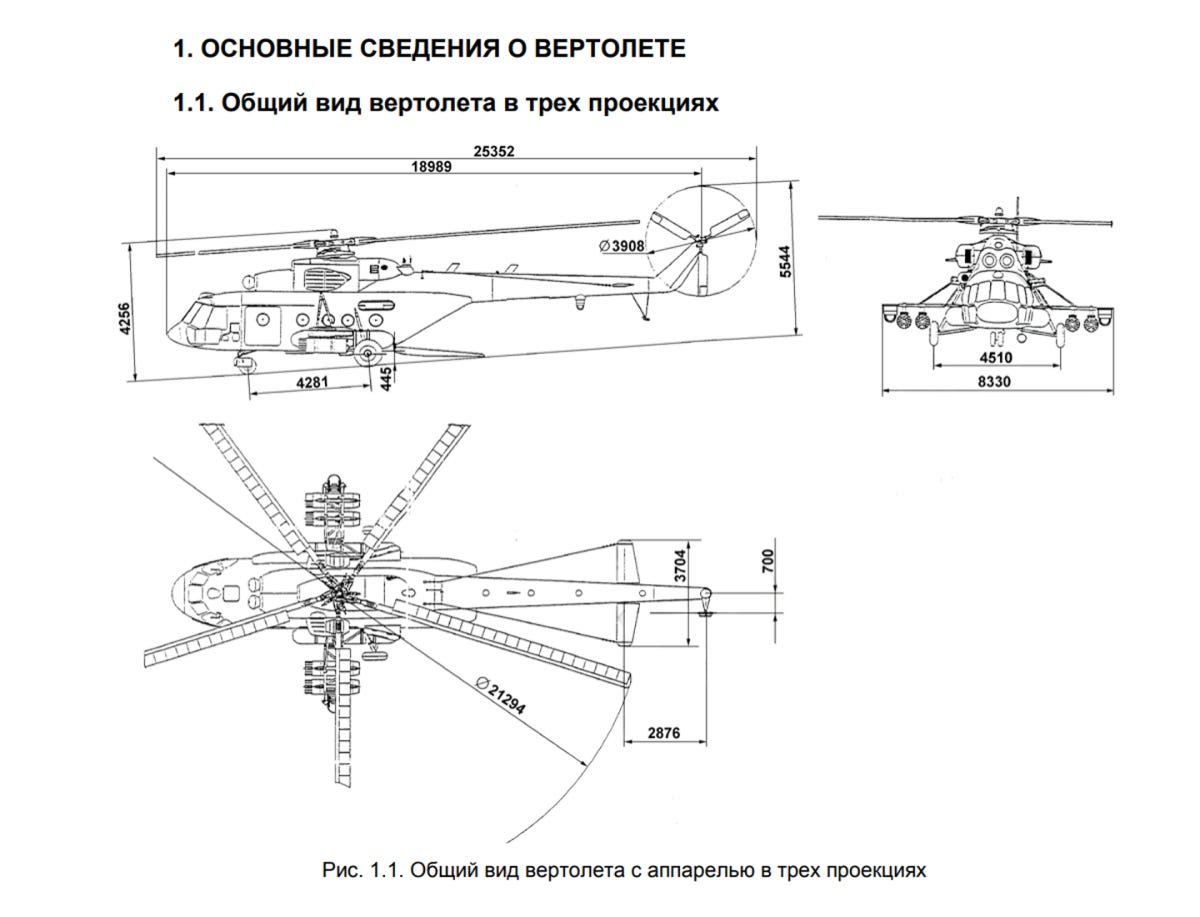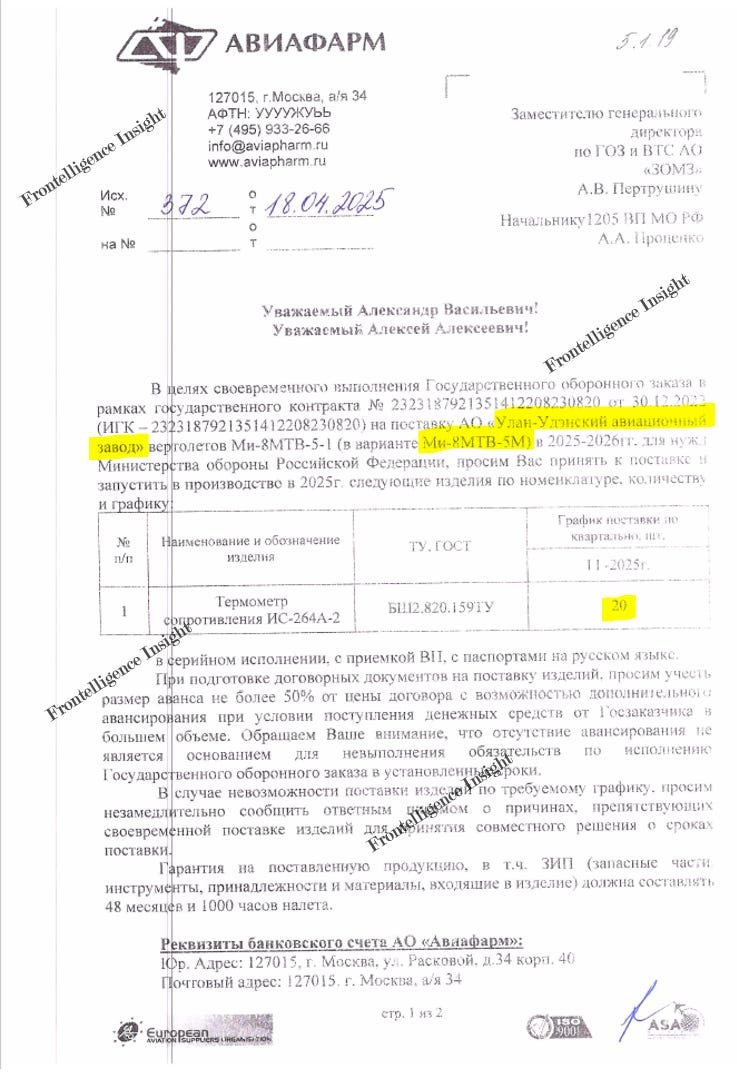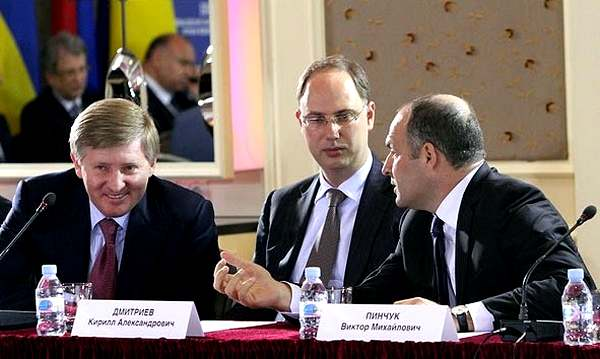Allow me to introduce a new thread featuring our defenders, who agreed to share their experiences and answer questions. I hope that my readers can gain a deeper understanding of the ongoing war. Today, I'm pleased to present Shootnik, @Shootnick_14 - a national guardsman 

Hi! Could you tell a little bit about yourself?
Hello! Before the war, I was a sociologist who enjoyed traveling in Ukraine and abroad. Computer games, whiskey, and TV series were my pastimes. Now, I have a deep interest in studying new weapons and tactical medicine.
Hello! Before the war, I was a sociologist who enjoyed traveling in Ukraine and abroad. Computer games, whiskey, and TV series were my pastimes. Now, I have a deep interest in studying new weapons and tactical medicine.

Tell us about your initial encounter with the enemy
The initial enemy encounter involved an 82mm mortar. As we reached our positions, it took 15 minutes before we found ourselves in a mortar exchange. In the first week, we faced tank, artillery, MLRS, and air force bombardments.
The initial enemy encounter involved an 82mm mortar. As we reached our positions, it took 15 minutes before we found ourselves in a mortar exchange. In the first week, we faced tank, artillery, MLRS, and air force bombardments.

How has the enemy changed since then?
In my experience, the enemy increased the quantity and quality of drones. Frontline soldiers encounter various small drones, including those with thermal imagers. Russians know how to fight, improve and mitigate identified weaknesses.
In my experience, the enemy increased the quantity and quality of drones. Frontline soldiers encounter various small drones, including those with thermal imagers. Russians know how to fight, improve and mitigate identified weaknesses.

Are tanks obsolete in modern warfare? What's your opinion?
Those who say so lack battle experience. Tanks are deadly, powerful, and fearsome weapons. Even the outdated Russian tanks on secondary and tertiary defense lines pose a serious threat. Not to mention their upgraded tanks
Those who say so lack battle experience. Tanks are deadly, powerful, and fearsome weapons. Even the outdated Russian tanks on secondary and tertiary defense lines pose a serious threat. Not to mention their upgraded tanks

Your favorite Western weapons used?
I've only used the Matador, AT-4, and NLAW grenade launchers. I highly appreciate them, especially the Matador for its simplicity and functionality. I also use a c7a1 rifle, which I like for its accuracy, despite its longer length.
I've only used the Matador, AT-4, and NLAW grenade launchers. I highly appreciate them, especially the Matador for its simplicity and functionality. I also use a c7a1 rifle, which I like for its accuracy, despite its longer length.

Top-3 issues in our military?
Key challenges are limited weaponry and ammo, lack of communication, and personnel with a Soviet mindset. While the first problem can be tackled physically, the 2nd and 3rd demand changes through novel training methods and fostering a military ethos
Key challenges are limited weaponry and ammo, lack of communication, and personnel with a Soviet mindset. While the first problem can be tackled physically, the 2nd and 3rd demand changes through novel training methods and fostering a military ethos

Your thoughts on civilian volunteers in the war?
They are the force that helps us to survive and safeguard our people. They provide vehicles, medicine, surveillance tools, and protection that we urgently require. Without their assistance, we would have suffered greater losses.
They are the force that helps us to survive and safeguard our people. They provide vehicles, medicine, surveillance tools, and protection that we urgently require. Without their assistance, we would have suffered greater losses.

Does international aid make a noticeable impact at your level?
As a fire support soldier in an NGU brigade, I especially appreciate the support from Eastern European countries. Our unit received Bulgarian, Polish, and Czech variants of soviet weapons, for which I am grateful
As a fire support soldier in an NGU brigade, I especially appreciate the support from Eastern European countries. Our unit received Bulgarian, Polish, and Czech variants of soviet weapons, for which I am grateful

Did the war reveal any new aspects about Ukrainians for you?
If the army reflects society, then I've truly observed the essence of Ukrainian society: its pros and cons would require a long thread. The key point I can make is that Ukrainians are very distinct and unique people.
If the army reflects society, then I've truly observed the essence of Ukrainian society: its pros and cons would require a long thread. The key point I can make is that Ukrainians are very distinct and unique people.

Your vision for Ukraine's post-war future?
After the war, I expect challenging city and town rebuilding phase. Social challenges are expected to arise as well. Limited Western response to russia necessitates our preparedness for Ukraine's next defense as long as Russia exists.

After the war, I expect challenging city and town rebuilding phase. Social challenges are expected to arise as well. Limited Western response to russia necessitates our preparedness for Ukraine's next defense as long as Russia exists.


Could you provide a list of your favorite places in Ukraine that you would recommend visiting?
Stokhid River, Volyn. Lychakiv Cemetery, Lviv, Carpathian Mountains, Black Sea. My favorite cities are Kyiv, Lviv, Dnipro, Vinnytsia, Chernivtsi.
Stokhid River, Volyn. Lychakiv Cemetery, Lviv, Carpathian Mountains, Black Sea. My favorite cities are Kyiv, Lviv, Dnipro, Vinnytsia, Chernivtsi.

If you found this thread enjoyable, please remember to follow and share. I apologize for the concise format of questions and answers due to Twitter's limitations. Nevertheless, I plan to continue and expand this format in the future🇺🇦
• • •
Missing some Tweet in this thread? You can try to
force a refresh


